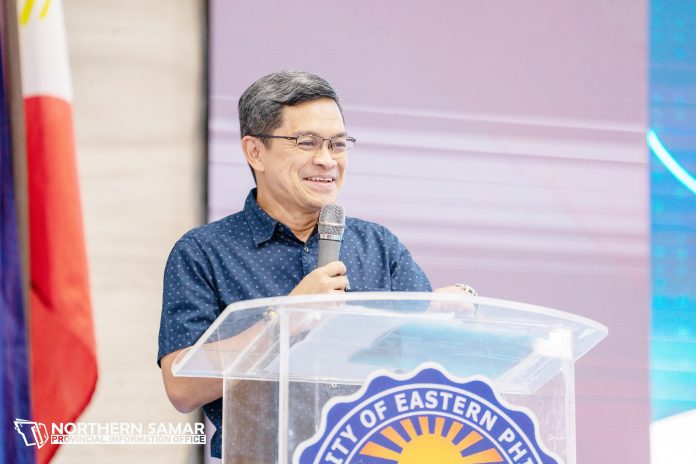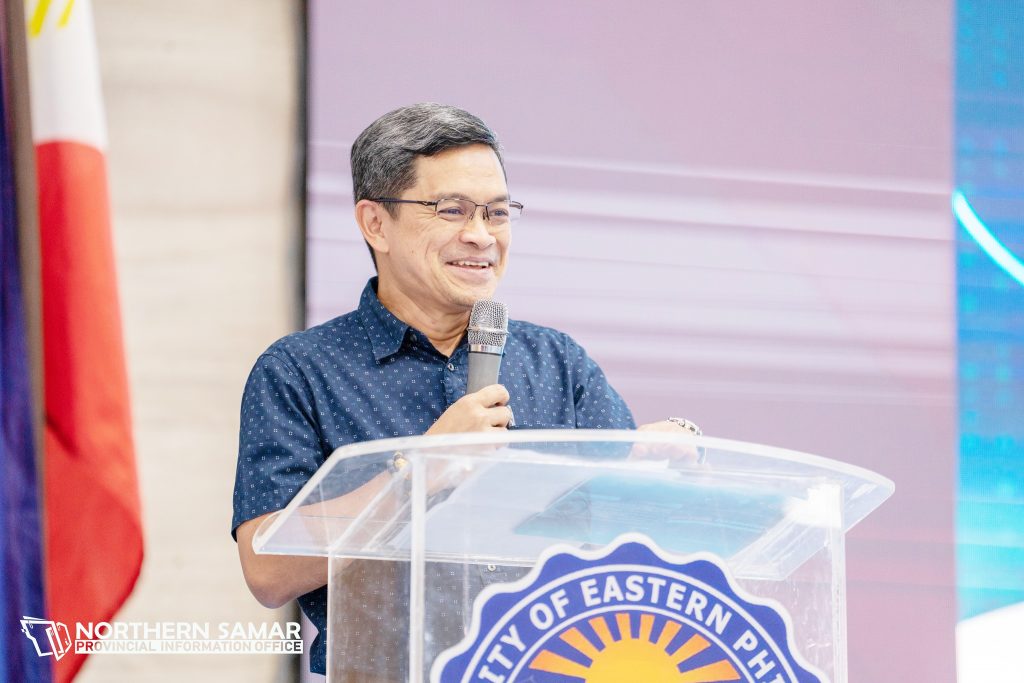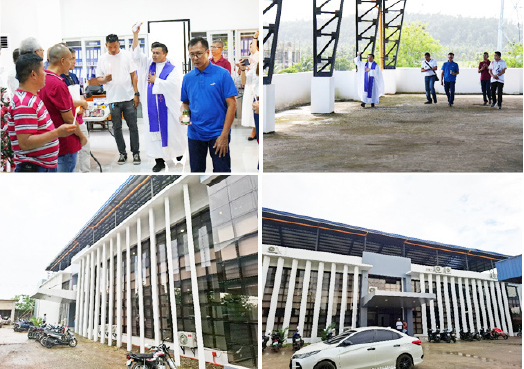Entrepreneurship is often celebrated for its innovation, risk-taking, and wealth creation. However, the pursuit of success can present entrepreneurs with a complex web of ethical dilemmas. Making the right choices is crucial, not only for maintaining a positive reputation but also for building a sustainable and responsible business that contributes to society.
1. Honesty and Transparency: Building Trust
Honesty and transparency are the cornerstones of ethical business practices. Entrepreneurs must be truthful in their marketing, sales, and communication with customers, employees, investors, and other stakeholders.
Ethical Considerations:
• Accurate Advertising: Avoiding deceptive or misleading advertising claims.
• Transparent Pricing: Clearly disclosing all costs and fees to customers.
• Honest Communication: Being truthful in all communications with stakeholders.
• Data Privacy: Protecting customer data and being transparent about data collection practices.
2. Fair Competition: Playing by the Rules
Entrepreneurs must compete fairly and avoid engaging in unethical or illegal practices to gain a competitive advantage.
Ethical Considerations:
• Avoiding Anti-Competitive Practices: Refraining from price-fixing, bid-rigging, and other anti-competitive behaviors.
• Respecting Intellectual Property: Protecting their own intellectual property and respecting the intellectual property rights of others.
• Avoiding False Advertising: Refraining from making false or misleading claims about competitors.
• Fair Hiring Practices: Avoiding discriminatory hiring practices and treating all candidates fairly.
3. Employee Relations: Valuing Human Capital
Ethical entrepreneurs recognize that their employees are their most valuable asset and treat them with respect and fairness.
Ethical Considerations:
• Fair Wages and Benefits: Paying employees fair wages and providing adequate benefits.
• Safe Working Conditions: Providing a safe and healthy work environment.
• Equal Opportunity: Providing equal opportunities for all employees, regardless of their race, gender, religion, or other protected characteristics.
• Respectful Treatment: Treating all employees with respect and dignity.
• Work-Life Balance: Promoting a healthy work-life balance for employees.
4. Environmental Responsibility: Protecting the Planet
Ethical entrepreneurs are mindful of the environmental impact of their businesses and take steps to minimize their footprint.
Ethical Considerations:
• Sustainable Practices: Adopting sustainable business practices, such as reducing waste, conserving energy, and using renewable resources.
• Environmental Compliance: Complying with all environmental regulations.
• Responsible Sourcing: Sourcing materials and products from suppliers who adhere to ethical and environmental standards.
• Product Lifecycle Management: Considering the environmental impact of products throughout their lifecycle, from design to disposal.
5. Social Responsibility: Giving Back to the Community
Ethical entrepreneurs recognize their responsibility to contribute to the well-being of the communities in which they operate.
Ethical Considerations:
• Community Involvement: Supporting local charities and community organizations.
• Ethical Sourcing: Sourcing products and materials from ethical and sustainable suppliers.
• Philanthropy: Donating a portion of profits to charitable causes.
• Creating Social Impact: Developing products or services that address social or environmental problems.
6. Conflicts of Interest: Maintaining Objectivity
Entrepreneurs must avoid conflicts of interest that could compromise their objectivity and decision-making.
Ethical Considerations:
• Disclosure: Disclosing any potential conflicts of interest to stakeholders.
• Avoiding Self-Dealing: Refraining from using their position for personal gain.
• Objectivity: Making decisions that are in the best interests of the company, rather than their own personal interests.
7. Investor Relations: Building Trust and Confidence
Ethical entrepreneurs treat their investors with honesty and respect, providing them with accurate information and managing their investments responsibly.
Ethical Considerations:
• Accurate Financial Reporting: Providing investors with accurate and transparent financial reports.
• Responsible Use of Funds: Using investor funds responsibly and in accordance with the agreed-upon terms.
• Open Communication: Maintaining open communication with investors and keeping them informed of the company’s progress.
8. Supply Chain Ethics: Ensuring Fair Labor Practices
Ethical entrepreneurs are responsible for ensuring that their supply chains adhere to ethical labor practices.
Ethical Considerations:
• Fair Wages and Working Conditions: Ensuring that workers in their supply chains are paid fair wages and work in safe and healthy conditions.
• Child Labor: Prohibiting the use of child labor in their supply chains.
• Forced Labor: Prohibiting the use of forced labor in their supply chains.
• Transparency: Being transparent about their supply chain practices and working to improve ethical standards.
Conclusion
Entrepreneurs face a multitude of ethical considerations in their pursuit of success. By prioritizing honesty, fairness, responsibility, and transparency, entrepreneurs can build sustainable and responsible businesses that contribute to society and create lasting value. Ethical decision-making is not just good for society; it’s also good for business. A strong ethical reputation can attract customers, employees, investors, and other stakeholders, leading to long-term success and sustainability.
————–
If you have any questions or would like to share your thoughts on the column, feel free to send an email to jca.bblueprint@gmail.com. Looking forward to connecting with you!





Back to Reality
This was the most quoted phrase I heard today January 5, 2026; it is the collective sigh of sorts. Baga makuri pero tinood back to reality kita!
The fireworks are gone, the lechon bones picked clean, and the karaoke machines finally silent. Now comes the part we often dread going back to reality. And reality, whether we like it or not, is merciless. It demands paningkamot (hard work), disiplina (discipline), and pag-antos (endurance).
For professionals, January is not a continuation of the holiday hangover. It is a reckoning. Deadlines do not wait, and bills pile up faster than bonuses. In a fragile economy, complacency is a sin. A tinuod nga kalibutan (the real world) tells us: sharpen your skills, adapt to change, or be left behind. The New Year is not a vacation—it is a battlefield.
Students may groan at the return of exams and assignments, but reality is not negotiable. Education is the only ladder out of poverty. Pag-eskwela (studying) is not a burden—it is survival. In a nation where competition is fierce, the grind must be embraced. The New Year is not just another semester; it is another chance to prove that kusog ngan pagtuon (strength and learning) can outlast distraction.
Teachers, too, must face the relentless truth. The holidays may have offered rest, but the classroom waits. Lesson plans, grading, mentoring—none of it is glamorous, but all of it is essential. In a society where education is the only weapon against ignorance, teachers cannot falter. Their reality is heavy, but it is noble: shaping minds that will one day shape the nation. An mga maestra ngan maestro amo an haligi han kabataan (teachers are the pillars of the youth).
As Filipinos, we are masters of festivity. We stretch Christmas into January, we feast, we laugh, we sing. But reality is harsher than the glow of parol and the taste of bibingka. Inflation bites, governance falters, inequality persists. The New Year is not just about personal resolutions—it is about collective responsibility. Bayanihan must move beyond slogans. If we want a stronger Philippines, we must stop treating reality as something to escape and start treating it as something to confront.
“Back to reality” is not punishment—it is a test. It separates those who cling to comfort from those who embrace challenge. As professionals, students, teachers, and Filipinos,we must face the truth: the New Year is not about fireworks in the sky, but about our fire in the hearts.
So, let us go back to reality, and win!